Artist: Erykah Badu Album: New Amerykah, Part One (4th World War)
Year: 2008Duration: 0:0-1
A Critical Review of Erykah Badu's New Amerykah, Part One (4th World War)
Erykah Badu is one of the most distinctive and influential voices in contemporary R&B. Her music is a unique blend of soul, hip-hop, jazz, and funk that reflects her deep roots in the African American musical tradition. In 2008, she released New Amerykah, Part One (4th World War), a complex and ambitious album that tackled big themes like politics, spirituality, and social justice. In this blog post, I'll be taking a critical look at this album, exploring its strengths and weaknesses, and giving my own personal interpretation of its meaning and relevance.
First, it's important to understand the musical genre of New Amerykah, Part One (4th World War). The album is a fusion of multiple genres, including neo-soul, psychedelic funk, and spoken word poetry. Badu's voice is the centerpiece of the album, and she uses it to great effect, blending her soulful crooning with more experimental vocal techniques like scatting and spoken word. The production is also a standout, with a rich tapestry of sounds that includes everything from live instrumentation to electronic beats and samples. Overall, the sound of the album is unique and challenging, but also deeply rewarding for listeners who are willing to engage with it on its own terms.
There are several standout tracks on the album, each of which explores different aspects of Badu's creative vision. Amerykahn Promise is a powerful anthem that reflects on the broken promises of the American dream, while The Healer is a funky track that celebrates the role of music in healing the wounds of society. Me is a haunting ballad that delves into Badu's personal struggles with relationships and self-worth. These and other tracks on the album showcase Badu's versatility as a songwriter and performer, and offer listeners a window into her complex and multifaceted worldview.
One of the most innovative aspects of New Amerykah, Part One (4th World War) is the way it incorporates political and social commentary into its music. Badu is unafraid to tackle controversial issues like police brutality, inequality, and systemic oppression, and her lyrics are often biting and incisive. However, she balances this political edge with more introspective and contemplative moments, creating a nuanced and complex portrait of modern American life. Some critics have faulted the album for being too cerebral and dense, but I think this is precisely what makes it so compelling and enduring.
Despite its many strengths, New Amerykah, Part One (4th World War) is not without its flaws. Some of the tracks on the album feel too experimental and disjointed, lacking the cohesive structure of the album's best moments. Additionally, Badu's penchant for mixing genres can sometimes feel forced or contrived, as if she's trying too hard to be edgy and innovative. But these flaws are minor compared to the album's overall impact and significance.
In conclusion, New Amerykah, Part One (4th World War) is a daring and inventive album that showcases Erykah Badu's creativity and vision as an artist. Its fusion of multiple genres and its politically charged lyrics make it a standout in Badu's already impressive discography, and its lasting legacy is a testament to its enduring relevance and importance. Whether you're a longtime fan of Erykah Badu's music or a newcomer to her work, New Amerykah, Part One (4th World War) is an album that deserves your attention and respect.
Other #Neo soul albums:
SIMILAR BANDS
balls, from 1 to 5, describe similarity between the two bands
SOMETHING NEW? LISTEN TO RADIOGENRE
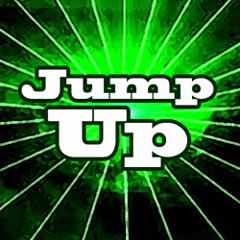 Jump up
Jump up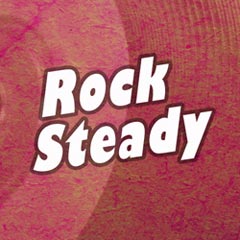 Rocksteady
Rocksteady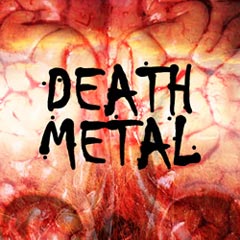 Death metal
Death metal Garage house
Garage house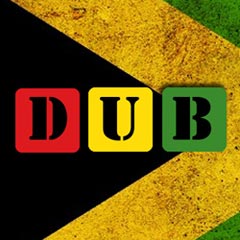 Dub
Dub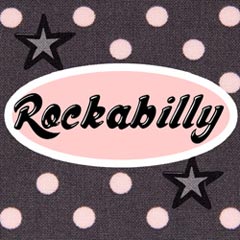 Rockabilly
Rockabilly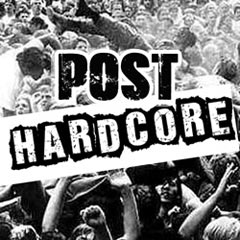 Post hardcore
Post hardcore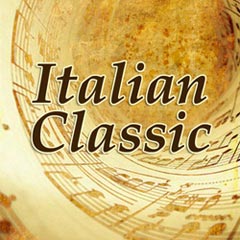 Italian music
Italian music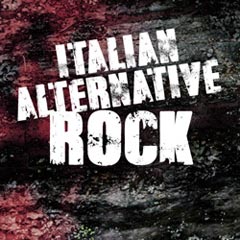 Italian rock
Italian rock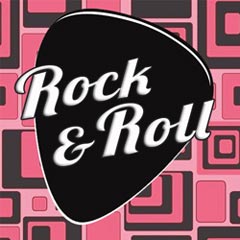 Rock & roll
Rock & roll
SUGGESTED PLAYLISTS

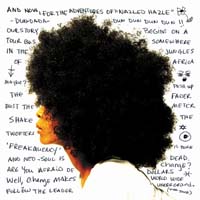

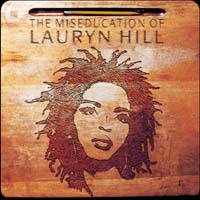
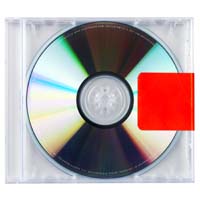
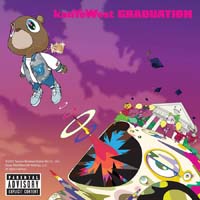



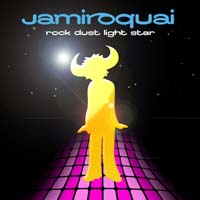
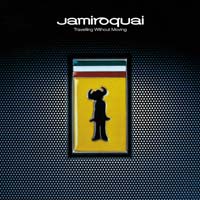
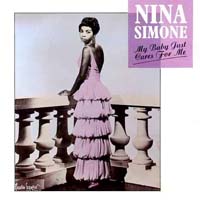
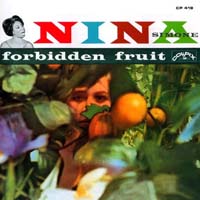
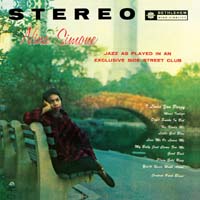
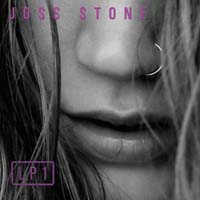

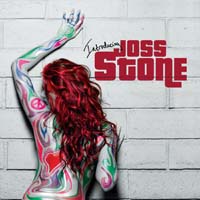
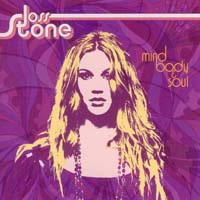
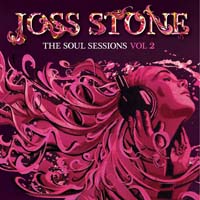
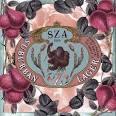


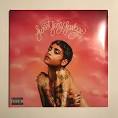
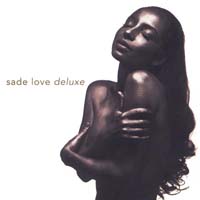
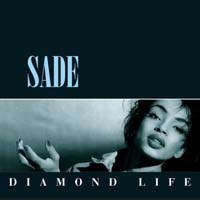
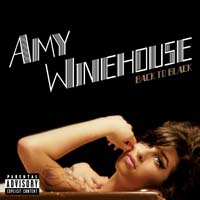
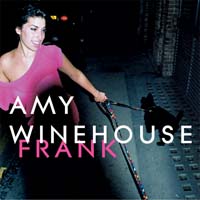
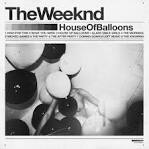
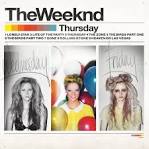
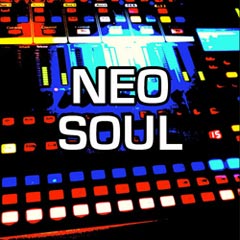
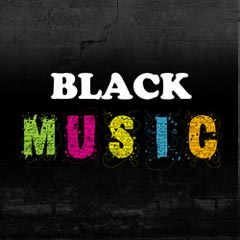 A selection of the best black music
A selection of the best black music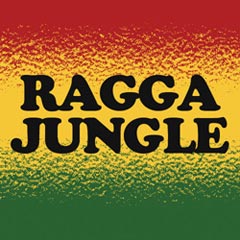 The very best of raggajungle
The very best of raggajungle The human face and fresh R & B: Neo soul!
The human face and fresh R & B: Neo soul!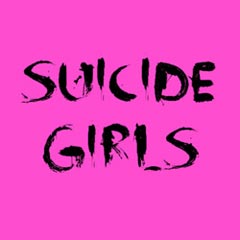 The very best of suicide girls
The very best of suicide girls Make your day happy
Make your day happy Breakbeat: dance battles
Breakbeat: dance battles Music for a lounge bar in front of the sea
Music for a lounge bar in front of the sea Autumn drops
Autumn drops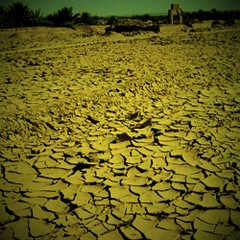 The silk journey, from India to Flamenco
The silk journey, from India to Flamenco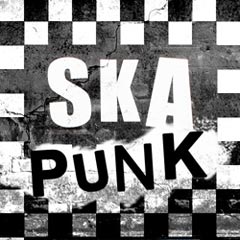 The very best of ska punk
The very best of ska punk